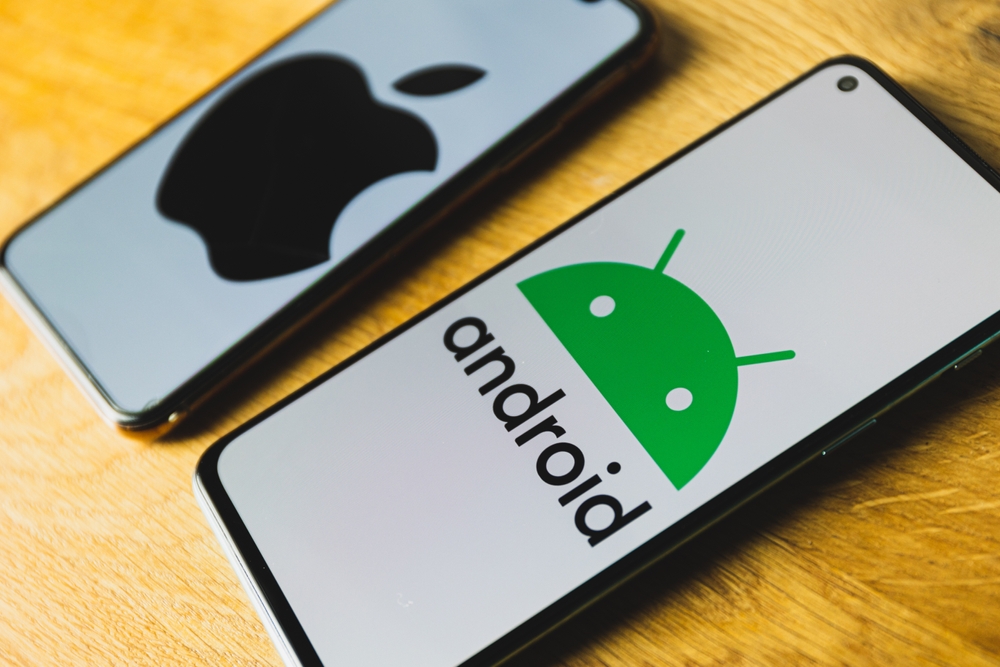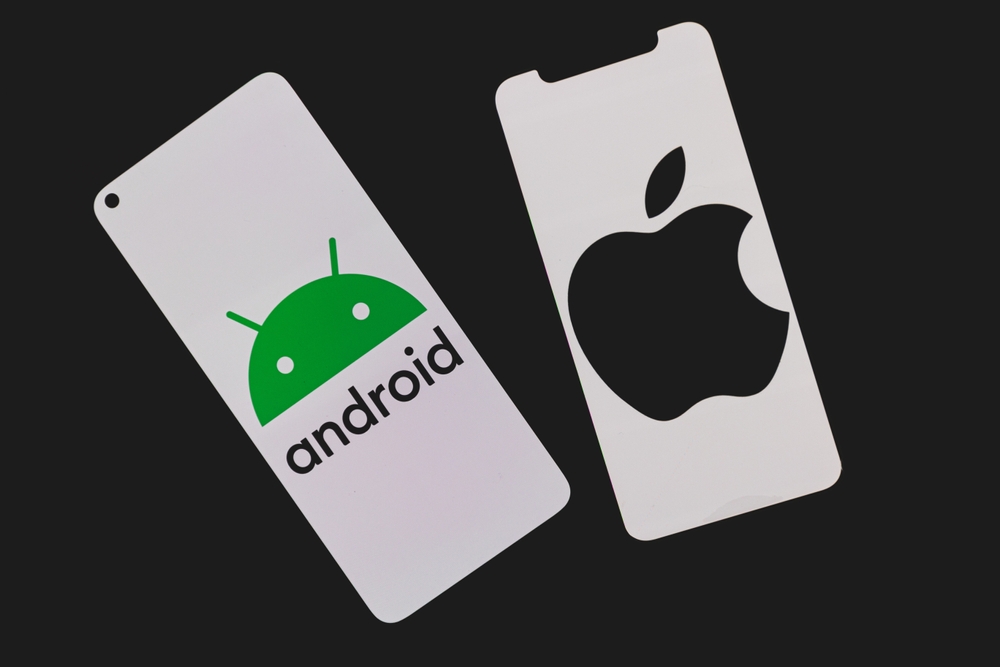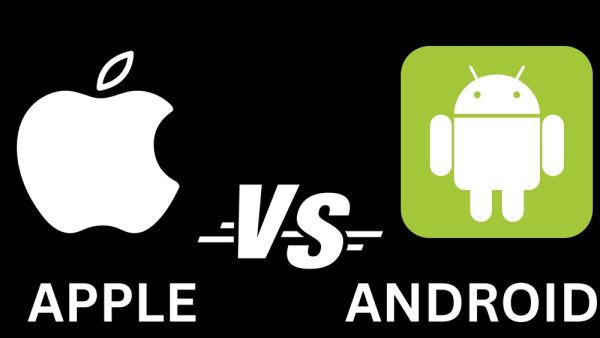ALBAWABA - Apple has gained a good reputation when it comes to robust device security. However, reputation alone cannot guarantee data protection, as the security of a smartphone ultimately depends on proper management.
Reliable and secure mobile communications are essential for any user. Currently, the choice primarily narrows down to Google's Android or Apple's iPhone devices running on iOS. Both claim to prioritize security.
At first glance, an iPhone may appear more secure. However, let's delve deeper to see if this is indeed the case, especially after the prevalence of news regarding Apple devices being targeted by malicious software, thanks to the "Pegasus" surveillance program.

Ironically, the repeated emphasis on iOS being more secure than Android only exacerbates the situation. Public denial of threats causes people to divert their attention away from the vulnerabilities. Some even need to be convinced to scan their iPhones for traces of malware, only to be surprised when they discover they have been targeted. At the same time, it cannot be denied that Apple engineers have built a highly reliable protection. Users cannot accidentally navigate to a malicious website and download a Trojan virus-infected file, for example. However, in the event of an iPhone breach, which, as practice shows, falls within the capabilities of advanced attackers, victims can only hope that Apple itself will come to the rescue assuming the breach is detected in time.
A closer look at the market for security vulnerabilities, whether it be in forums like Darknet or gray platforms like Zerodium, reveals that the exploitation of iOS and Android has now become almost equal.
This indicates how the hacking community perceives the security level of these systems. In any case, both systems represent attractive targets for hackers.

If attackers exploit a security vulnerability to bypass the boasted security mechanisms of Apple, there is little you can do about it. In fact, you may never even discover that it happened in the first place.
Due to system restrictions, even top professionals will struggle to access the exact reality of what attackers were searching for. The renowned advantages of the iOS operating system, in the event of an attack, turn into disadvantages due to the closed nature of its system, which is off-limits to external security experts. This only serves the attackers. The magnitude of the threat remains.
The argument states that all attacks on the iOS operating system so far have also been part of uncertain targeted campaigns. Even Apple's market can no longer be considered invulnerable. Security experts have found several fraudulent applications in Apple's App Store, which, under certain circumstances, harvest personal data from users.
Although it does not currently pose a major threat, it sets a precedent. Malicious apps have managed to bypass Apple's strict controls and enter its official market. In summary, Apple is reputed as the safer choice due to its focus on privacy, security, and user experience.
While Google has not always enjoyed the same reputation, the company has also implemented strong security measures for the modern Android system, such as data encryption, as well as incorporating mobile device management commands to enforce password and secure authentication.
We can say that there is no inherently more vulnerable operating system. Both Android and iOS have made significant strides in improving security. However, the widespread use and open-source nature of the Android system often lead to facing more threats.
Similarly, iOS usually provides rigorous app scanning processes but is not immune to high-value security threats.
As with any other cybersecurity concerns, it is crucial to think twice about every interaction on your smartphone. Remember that it can always be a malicious attempt, whether it's an unfamiliar app or a text message from an unknown number. Choosing the best operating system for you is a matter of personal preference. Similarly, the level of security you will experience depends on how you use your smartphone. As long as you are aware of the threats, refrain from jailbreaking your phone, and only use reputable applications.








